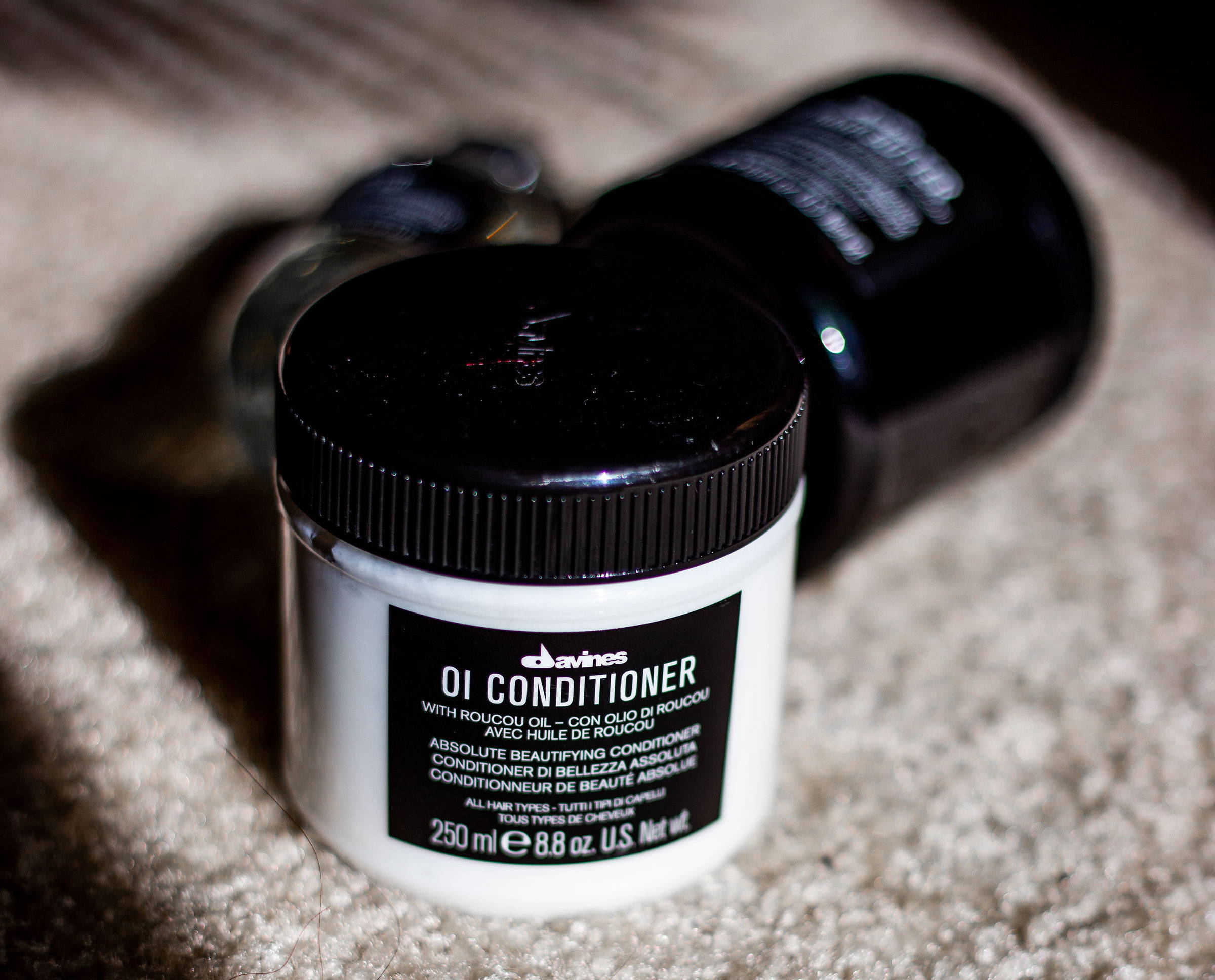Despite it being a mainstay in even the most basic hair care routine, there’s a good chance you haven’t questioned why conditioner is so important. Sure, you know that there are different kinds of conditioner formulated for different hair types, but why is it necessary? And beyond that, what does it do, exactly?
At the base level, conditioner is used to restore moisture and nourishment to your hair that may have either been lost in the cleansing process, or from other external factors. Depending on your hair type or texture, there are specific kinds of conditioner you might want to use: some offer color protection, extra nourishment for dryness, or anti-breakage protection. No matter what kind you choose, it’s one of the most important steps in your hair care routine and for your hair health — it helps to ensure you’re locking in moisture and shine, leaving you with protected, healthy hair.














Leave a comment
Comments will be approved before showing up.